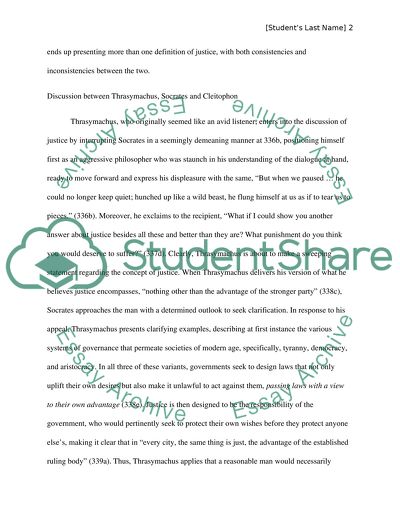Cite this document
(“Concept of Justice in Plato's Republic Essay Example | Topics and Well Written Essays - 1500 words”, n.d.)
Retrieved from https://studentshare.org/philosophy/1442683-love-plato-the-republic-justice-is-the-advantage
Retrieved from https://studentshare.org/philosophy/1442683-love-plato-the-republic-justice-is-the-advantage
(Concept of Justice in Plato'S Republic Essay Example | Topics and Well Written Essays - 1500 Words)
https://studentshare.org/philosophy/1442683-love-plato-the-republic-justice-is-the-advantage.
https://studentshare.org/philosophy/1442683-love-plato-the-republic-justice-is-the-advantage.
“Concept of Justice in Plato'S Republic Essay Example | Topics and Well Written Essays - 1500 Words”, n.d. https://studentshare.org/philosophy/1442683-love-plato-the-republic-justice-is-the-advantage.


